
Survival rates in patients with cSCC receiving high-dose chemoradiotherapy vs conventional radical surgery were compared.

Your AI-Trained Oncology Knowledge Connection!


Survival rates in patients with cSCC receiving high-dose chemoradiotherapy vs conventional radical surgery were compared.
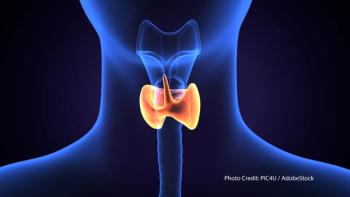
According to the American Thyroid Association guidelines, noninvasive follicular thyroid neoplasm with papillary-like features is benign.
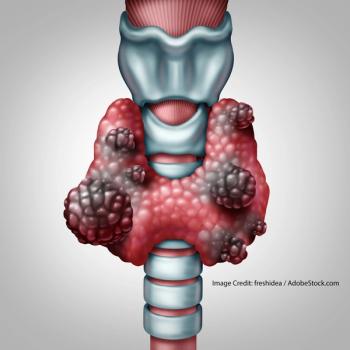
Researchers evaluated the incidence of physical, psychological, and lifestyle effects among patients with differentiated thyroid cancer.
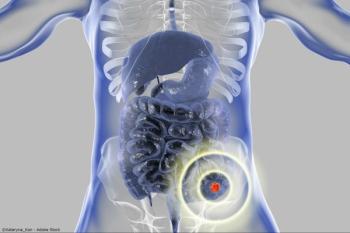
Here, we look at the currently open and recruiting clinical trials that focus on the role of the microbiome in colorectal cancer.

A recent review article highlighted developments in the treatment of non-melanoma skin cancers, from new chemoprevention agents to telemedicine.

A new meta-analysis offers compelling evidence on the causal relationship between indoor tanning and skin cancer risk.

Our team reviews the most important advances in oncology in 2018, including those in breast cancer, hematologic cancers, lung cancer, immunotherapy, and more.

Our team reviews 2018 conference highlights in oncology care, including studies from ASH, SABCS, and SIO.

The findings of a systematic review may help standardize reflectance confocal microscopy terminology, which is used to describe non-melanocytic lesions.

Researchers studied whether the mechanistic target of mTORC2 directs UVB–induced apoptosis by regulating the expression of NOXA downstream of FOXO3a.

The authors of a European review provide recommendations for all stakeholders on smooth implementation of cancer biosimilar agents.

Can expanded use of oncology biosimilar agents and supportive care agents help support the CMS' value-based care efforts?
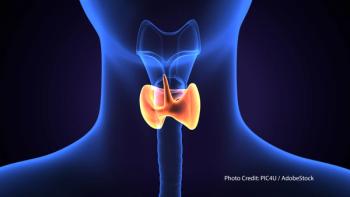
The performance of three international guidelines in detecting thryoid cancer was compared based on their sensitivity and fine-needle aspiration rates.
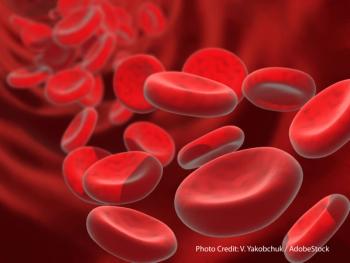
Researchers compared the ability of a novel prognostic score vs existing scores to identify patients with high-risk DLBCL.

In an interview with Cancer Network, Brad S. Kahl, MD, weighs in on the top CLL research presented at ASH 2018 in San Diego.
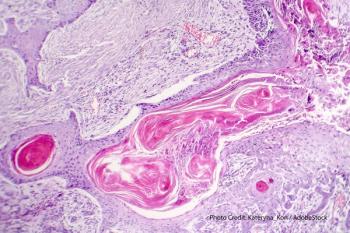
A new study in Cancer Research evaluated the function of TRIM29 in regulating keratin distribution and migration/invasion of SCC.
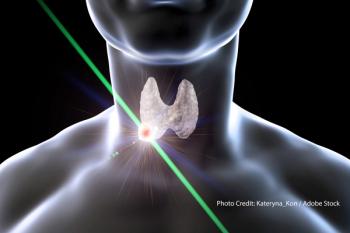
The authors looked at whether rates of malignancy and false-negative fine-needle aspiration results are heightened in large thyroid nodules.

Researchers evaluated the efficacy of 5-florouracil vs imiquimod in preventing site-specific keratinocyte carcinoma.
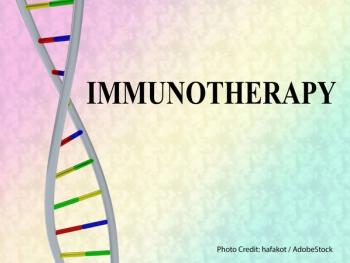
Results of a study evaluating the safety and efficacy of a promising new agent were presented at ASH 2018.
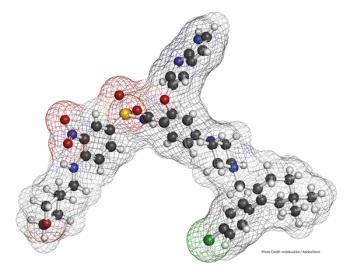
In the single-arm, multicenter, phase II part of the CAVALLI trial, the researchers analyzed the efficacy of 800-mg venetoclax plus R-CHOP in all first-line DLBCL patients.
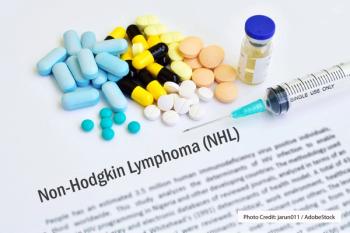
Research presented at ASH 2018 examined whether checkpoint blockade therapy sensitizes patients with relapsed/refractory NHL to consequent treatment.
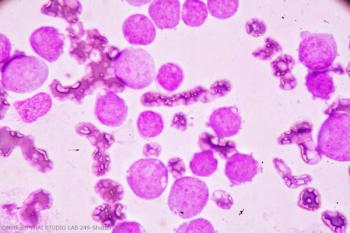
Researchers analyzed a new recurrent BCL2 mutation appearing in a cohort of patients with CLL-type progressions treated with venetoclax.
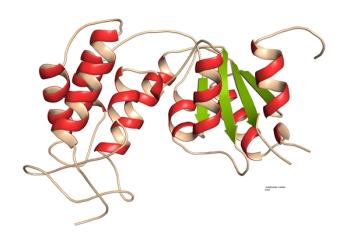
Researchers examined adding daratumumab to standard of care in newly diagnosed transplant-ineligible myeloma patients.
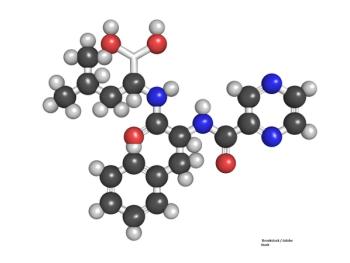
Researchers uncovered distinct clinical characteristics in relapsed/refractory multiple myeloma patients receiving proteasome inhibitors.
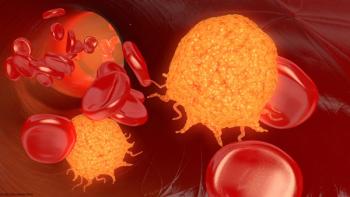
Leukemia cells show sensitivity to restriction of BCL2 and BTK with the combination of venetoclax and ibrutinib.

Researchers studied clonal hematopoiesis of indeterminate potential (CHIP) as a way to assess risk for increased mortality in lymphoma patients.

Researchers developed an enhanced genomic model combining clinical factors and select gene mutations in order to better predict survival in patients with DLBCL who were administered first-line R-CHOP.

Researchers analyzed double vs single autologous stem cell transplantation in patients with newly diagnosed multiple myeloma, after previous conflicting results.
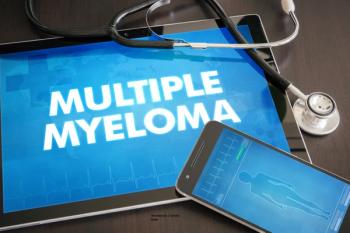
This study looked at the benefit of early therapeutic intervention with the combination of elotuzumab, lenalidomide, and dexamethasone in patients with high-risk smoldering multiple myeloma.
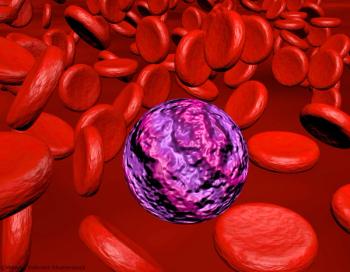
Allogeneic hematopoietic stem cell transplantation could improve outcomes of elderly patients with acute myeloid leukemia.